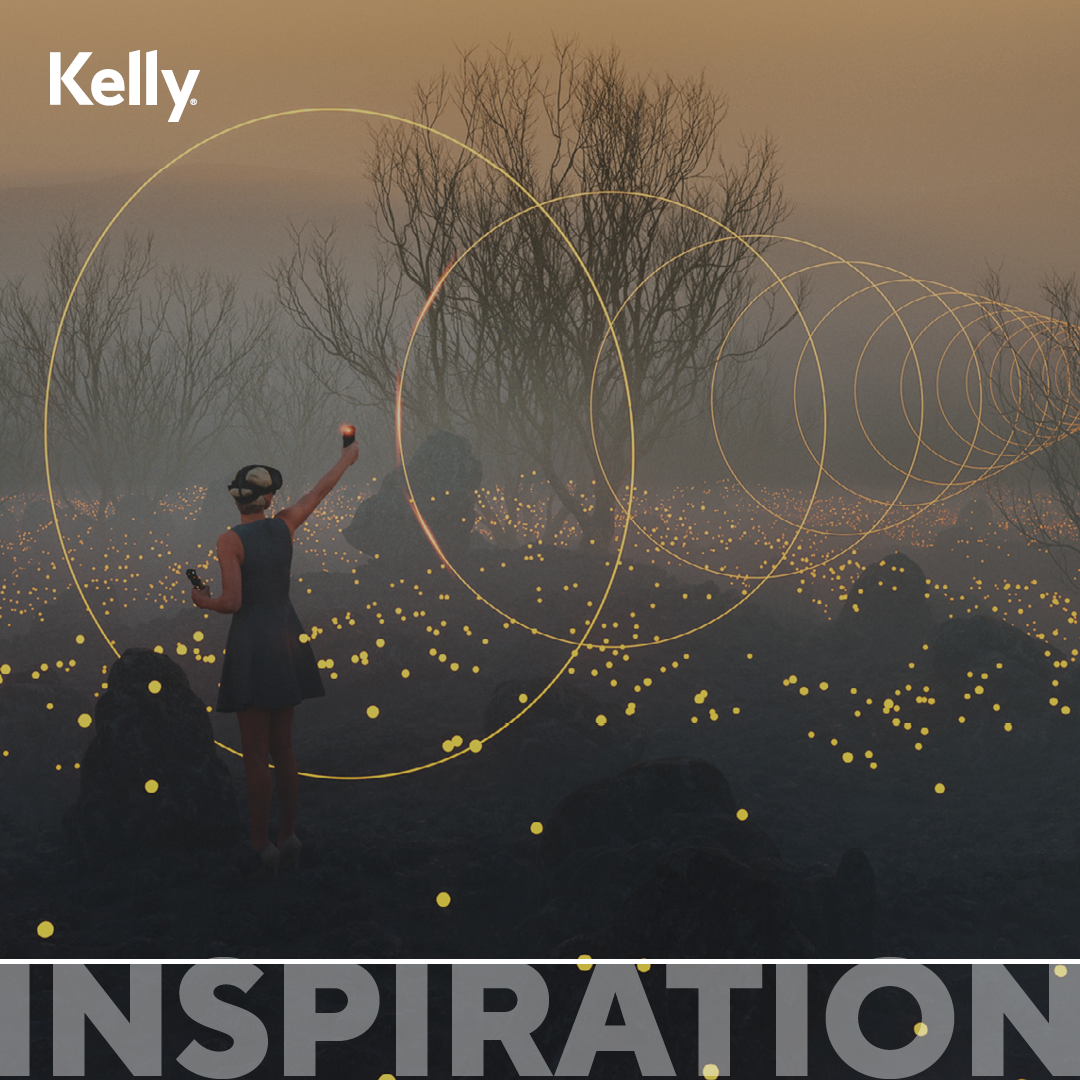
Too many people are dissatisfied with their professional lives—and it shows. It’s time for a fresh take on the traditional definition of career success.
Do you ever stop and think about how much of our lives we spend working? When you add it up, we spend about a third of our lives on the job. That’s an astonishing amount of our time, especially if you spend it bored or stressed out.
For many people, the results we experience at work have a big impact on whether we feel successful or not. Whether that’s making more money or earning accolades from a boss or peer, our accomplishments in the workplace can go a long way toward feeling good about our lives and knowing that we matter.
But what if achieving impactful results isn’t about what you do? What if it’s about who you are when you’re doing it?
That’s the message of a new book, Burn Ladders. Build Bridges, written by Dr. Alan M. Patterson, an organizational development consultant. Patterson’s goal in writing the book is to help explain why so many people are so unhappy in their jobs—and to get them, especially those from the younger generations who are just entering the workforce, to redefine what success looks like.
“True success is engaging with interesting and interested people in something that is meaningful and important to you and to them,” says Patterson. “Success is defined by deep-seated, personal motivation. Among the most common misconceptions is that success is measured by external criteria: that more money, a higher position, a longer title and more status and prestige make someone more successful.”
I connected with Patterson and asked him to share some of his insights into why more people should eschew the traditional markers of success in favor of becoming ladder burners and bridge builders. It’s a visionary take on success—and one that more people are embracing on this side of the Great Resignation.
The roots of unhappiness at work
Based on his work with clients from organizations like the Federal Reserve Bank, Hewlett Packard, Major League Baseball and the United States Navy, Patterson says he has identified three major reasons people are unhappy in their jobs. The first is a belief that organizations and managers are looking out for your best interests. “It’s only a matter of time before you realize that is not the case,” he says.
Second is that other people–not you–are responsible for your career development. “Nothing could be further than the truth,” says Patterson.
The third driver of unhappiness at work is that while earning more money and promotions are necessary, they don’t add to a personal sense of value over time. We need to recognize that we are working in a restrictive environment where the best we can do is navigate through and around it, rather than change it.
“People need to take control of their career development,” says Patterson, “from everything like scheduling discussions with their managers to get job clarity, to moving laterally, to working with great people on interesting projects and to elevating their visibility. You never know what opportunities can come your way by being out and about.
“Nobody cares more about your career development than you—not even your mother.”
Firing up the younger generations
Patterson says that the pandemic has already helped fuel change among many different worker demographics. One of those demographic groups is made up of recent graduates, a cohort Patterson refers to as “the young and restless.”
“These are the Gen Zers and Millennials who unabashedly enter the workforce with the belief that balancing their lives and work is critical, and that working on something meaningful is important,” he says. “As a baby boomer, I can relate.” Another group primed to rethink what career success should look like are the millions of workers, across all ages and industries, who were emotionally shaken by the isolation, desperation and distress that erupted when the pandemic rocked their world.
“Their reaction reminds me of that great scene in “Network” when from his television news desk, Peter Finch tells people to open their windows and yell, “I’m as mad as hell, and I’m not going to take it anymore,” says Patterson. He says that this widely diverse second group has one thing in common: they’ve been disillusioned and unhappy for a long time for several reasons, including their work situation.
“The pandemic hit and many in the workforce just took their gloves and bats, threw them onto the field and said they were not going to take it anymore,” he says. “That people are rethinking the importance of their personal emotional and physical health, an overall need for fairness and equity, and the impact of giving and making a difference, are positive trends.”
Burning down the corporate ladder
Making positive changes in your life begins with changing your mindset that moving up the corporate ladder is the only way to achieve success, says Patterson.
“The ladder is a myth,” he says. “There’s no guarantee that you will rise beyond a certain point, especially if you are not a white male. If you think that hard work and doing a good job should speak for themselves, think again. It’s not about performance, it’s about the judgment of your performance, often by people who don’t know you.”
We can all redefine what we think of success by skipping the politics and drama often entwined with corporate ladder climbing, says Patterson. We should also stop thinking of it as something that is a solo endeavor.
“Change the game by helping others get what is critical and important to them,” he says. “Rather than doing whatever it takes to climb solo up the ladder, don’t fight your way to the top. Build relationships as a source of energy and renewal. This is a healthier, more rewarding way to achieve personal meaning, instead of getting sucked into the game that is inherently unfair and destined to take you to a place where you are not good enough.”
Rethinking the future of work
In Patterson’s view, burning rather than climbing ladders might just be the future of work where people focus less on their own achievements and more on both building a broad network of relationships and creating the conditions for others to succeed. “It’s about mastering the skills of creating impact and meaning,” says Patterson, which is a message that he thinks will connect well with the emerging younger generations in the workforce.
“The younger generations will push for something different,” he says. “Leadership as the ability to create conditions for others to unleash their intrinsic motivation on the world—to do what is critical and meaningful for them—will be even more important in the future.”
If the Great Resignation has taught us anything, it’s that the old definitions of workplace success aren’t enough anymore. If you’re going to spend a third of your life at work, make it work that counts for more than just yourself. A more empathetic, relationship-oriented approach to work is key not just to career growth, but to a life that embraces the full meaning of success—as defined by you.
Link: https://www.forbes.com/sites/markcperna/2022/08/23/3-reasons-people-are-unhappy-at-work-and-how-redefining-success-can-help/?sh=492723dd5c36







